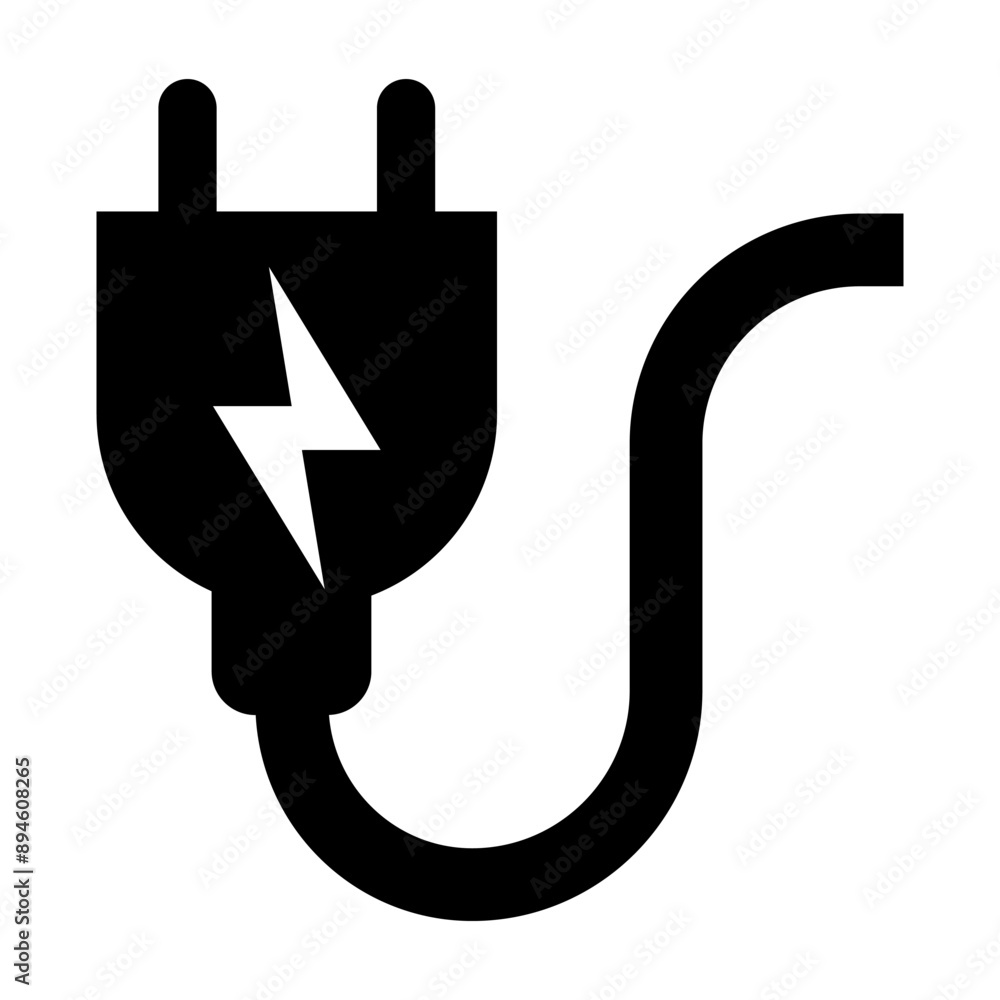Managing Political Uncertainty
About Managing Uncertainty
Dear Cal Poly Pomona students, faculty and staff,
With the transition in federal administration, some may be experiencing some strong feelings of stress and anxiety. A recent national survey conducted by University of Florida researchers indicated that "more than two-thirds of registered voters describe politics as a 'source of stress'". The news and headlines that surround us daily, along with social media posts about the cost of living, immigration, abortion and the war in Gaza amplify the feelings we have. Counseling and Psychological Services (CAPS) is here to support you through this period of political uncertainty. Below you will learn about helpful tips to manage your feelings during this period.
Johnson, A. (Jan 31, 2024). National survey by USF researchers show voter opinions on inflation, impact of politics on mental health, election distrust and social media use. www.usf.edu/news/2024/national-survey-by-usf-researchers-shows-voter-opinions-on-inflation-politics-mental-health-election-and-social-media-us.aspx
Tip No. 1: Unplug
 |
|
Tip No. 2: Be Present
 |
|
Tip No. 3: Connect with Others
 |
|
Tip No. 4: Refuel
 |
|
Tip No. 5: Do Something
 |
|
Tip No. 6: Care for Others
 |
|
Resources
If you are feeling distressed, the following on-campus and off-campus resources are available:
- Care Center
- www.cpp.edu/broncoscarecenter
- (909) 869-5071
- carecenter@cpp.edu
- Building 97, First Floor
- Counseling and Psychological Services
- www.cpp.edu/caps
- (909) 869-3220
- caps@cpp.edu
- Building 66 Room 116
- After hour services (909) 869-3220, press Option 2
- University Police Department
- www.cpp.edu/police
- (909) 869-3070
- Emergencies on campus
- Emergencies off campus, dial 9-1-1
- 988 Suicide and Crisis Lifeline
- 988lifeline.org
- Call or text 9-8-8
- Crisis Text Line
- www.crisistextline.org
- Text HOME to 741741
- JED Campus Resource Center
- TransLifeline
- (877) 565-8860
- The Trevor Project (LGBTQ+)
- (866) 488-7386
- (866) 4 U TREVOR
- Text START to 678678
- Veterans Crisis Line
- 988lifeline.org
- Call 9-8-8, select option 1
- Text START to 88788
- Employee Assistance Program (Cal Poly Pomona Faculty and Staff)
